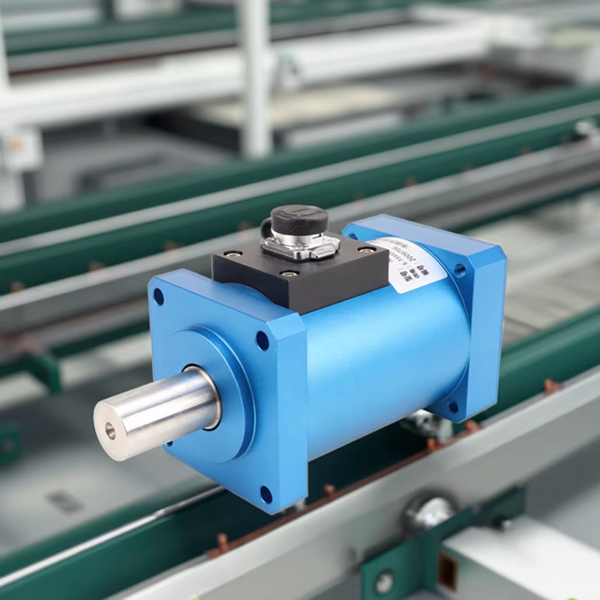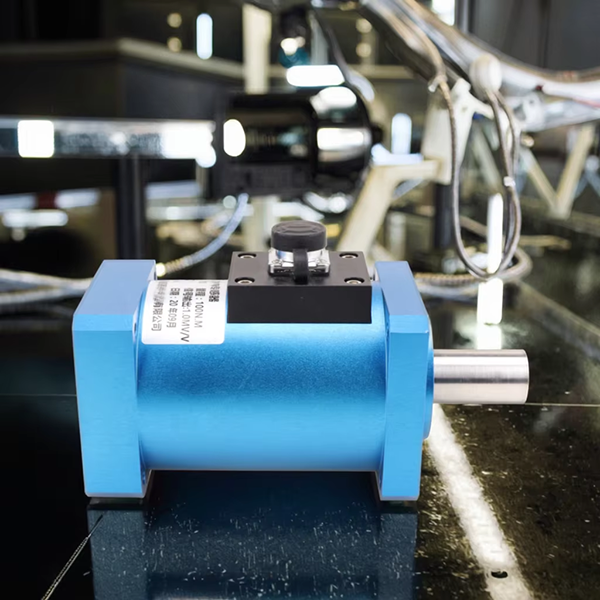Dynamic torque sensors are becoming increasingly popular in various industries, and for good reason. These sensors provide accurate and real-time measurements of torque, allowing businesses to optimize their processes and enhance product quality. Let’s dive into some of the key advantages of dynamic torque sensors and how they can make a significant difference.
1. Precision Measurement
One of the standout features of dynamic torque sensors is their ability to deliver precise measurements. With advanced technology, these sensors can track minute changes in torque, offering insights that are crucial for applications like motor testing, assembly processes, and robotics. This high level of accuracy can lead to improved product reliability, as manufacturers can catch anomalies or inconsistencies before they escalate into bigger issues.
2. Real-Time Data
In many industries, particularly manufacturing and engineering, timing is everything. Dynamic torque sensors provide real-time data, enabling users to monitor performance as it happens. This immediacy allows for quicker decision-making and more responsive adjustments in processes. For example, if a torque sensor detects an anomaly during assembly, operators can intervene right away, preventing defective products from reaching the market.
3. Enhanced Quality Control
The integration of dynamic torque sensors into production lines can significantly enhance quality control. By continuously monitoring torque levels during operations, businesses can ensure that every product meets its specifications. This is especially important in industries like automotive and aerospace, where safety and reliability are paramount. Enhanced quality control can lead to a reduction in warranty claims and recalls, ultimately saving companies time and money.
4. Reduced Downtime
When equipment malfunctions due to incorrect torque application, it often leads to costly downtime. Dynamic torque sensors help to mitigate this risk by providing insights that can preemptively indicate when maintenance is required. By monitoring torque trends, operators can perform maintenance before a failure occurs, keeping operations running smoothly and avoiding unexpected interruptions.
5. Versatility
Dynamic torque sensors are incredibly versatile. They can be used in a wide range of applications, from monitoring the performance of electric motors to ensuring proper torque in bolted connections in bridges and buildings. Their adaptability means that industries can use them in diverse processes, providing a comprehensive tool for various needs.
6. Cost Efficiency
While the initial investment in dynamic torque sensors might seem high, the long-term benefits often outweigh the costs. By ensuring accuracy and optimizing processes, these sensors can lead to significant savings. Fewer defective products mean lower costs associated with rework and returns. Additionally, enhanced operational efficiency can translate to higher throughput, increasing profitability over time.
7. Improved Safety
Torque misapplication can exceed safety limits, leading to hazardous situations or equipment failure. Dynamic torque sensors help mitigate these risks by ensuring that the correct torque levels are applied during assembly or operation. This focus on safety not only protects workers but also helps in maintaining the integrity of the equipment and products being manufactured.
Dynamic torque sensors are more than just tools for measurement; they are vital components that enhance efficiency, quality, and safety in various industries. As industries continue to evolve and embrace advanced technologies, the role of dynamic torque sensors will only become more significant, paving the way for smarter and safer manufacturing processes.


